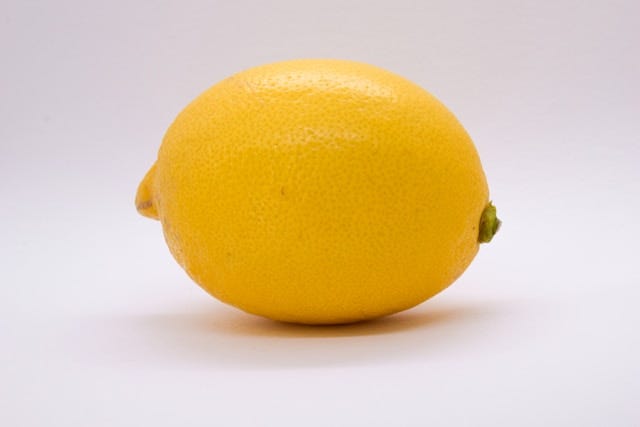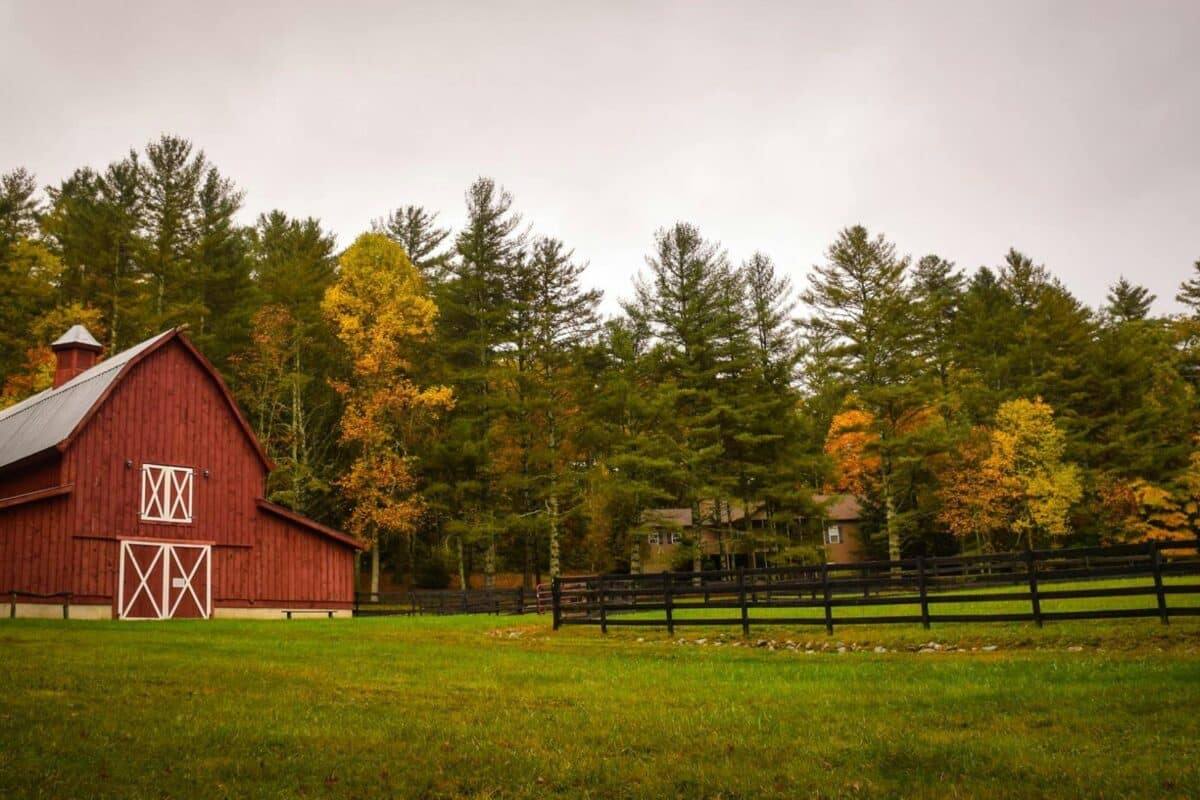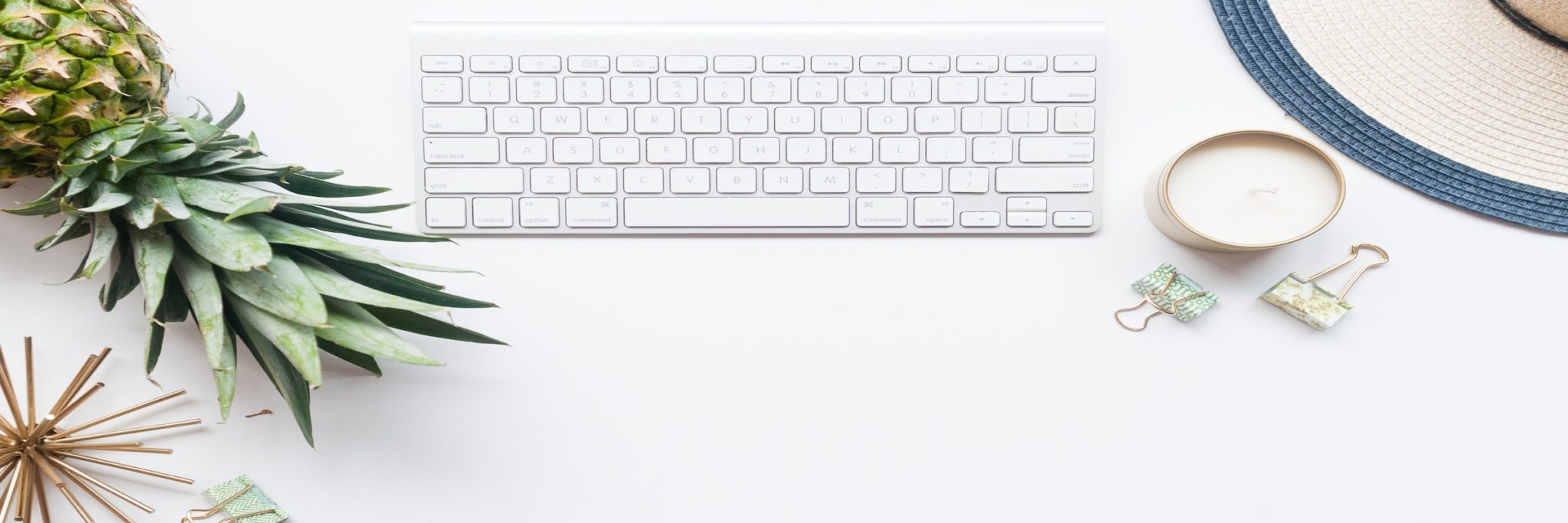Some people bloom early, like daffodils and tulips. Others, like asters, bloom late. But the truly blessed are perennials who, like magnolias, blossom again and again.
When I launched the HealthBeat newsletter for MetLife in 1994, I transitioned from my freelance world of writing whatever I could for whoever would hire me to researching and writing about my passion: health. MetLife distributed the newsletter to customers who had a money market life insurance settlement product with the company. The initial distribution of 77,000 readers grew to over 600,000 at the newsletter’s peak. By then, it had morphed from HealthBeat to Life Advice, and its topics broadened.
I loved that newsletter. Researching and writing it taught me so much about mental, physical, and emotional health. I quit smoking because of it. How could I possibly continue to kill myself with cigarettes if I am to be a health writer? My work helped me give up my sugar addiction, exercise bulimia, financial insanity, and so many other unhealthy behaviors. It’s the old adage: “If you hang around in barbershops all day, eventually you will get a haircut.”
I wrote about living healthy every day. Eventually, my own life began catching up.
MetLife published my last issue of Life Advice in 2023. The ending brought grief — loss of income, loss of purpose, and, worst of all, loss of identity. What am I if not a health writer? What do I do with 29 years of researching and storing away information, sources, inspiration, and intention? I don’t have the initials of a medical professional after my name. How will I build an audience for the wealth of resources I’ve developed over nearly half my life?
Turning point
A few weeks ago, I hit a crossroads. My subscription numbers for Perennial are low. If you’re reading this now, it’s probably because I sent it to you. You are most likely a friend, cousin, or my mother. I wondered if continuing to write this is an act of vanity and futility.
I meditate daily, and in my meditations, I ask the Great Universal Spirit, or GUS (so named in honor of my late, wonderful collie dog, who passed away in 2007), to please guide me. What am I to do? Show me my path. And the answer that comes, repeatedly, is write.
Writers are told to write what we know, and what I know is health; writing about it has been my entire career. And then there are my personal experiences. I care for a 90-year-old mother, a dog who is somewhere between 16 and 19 years old, a slew of houseplants, some I’ve had for 14 years. At the farm animal sanctuary where I volunteer, I help out with caring for 200 pigs, goats, cows, sheep, chickens, turkeys, horses, and mules.
I am also caregiver to myself, a single 64-year-old woman with multiple addictions, personality and mood disorders, outstanding physical health, and ever-improving mental, spiritual, emotional, and financial health. The bottom line is, I know how to help living things thrive.
My visit to the orthopedist last week convinced me this is the write path for me. I went in for a shot of cortisone to ease pain from De Quervain’s tenosynovitis. Two physicians and a physical therapist attended to me, and when they asked if I’d had cortisone shots previously, I told them about the bout of elbow tendonitis I’d had over 20 years ago. I was doing Chinese acrobatics with bad form (bent arms in my handstands), and I was starting to ruin my left elbow. After a few shots of cortisone, the orthopedist recommended surgery. I was not about to have surgery just to be a middle-aged contortionist. I sought alternatives and found Feldenkrais — a movement reeducation discipline that taught me how to move my weight out of my delicate elbows and into my big, strong back muscles (mostly, my lats).
As I relayed this to the doctors and PT last week, the PT asked me to spell Feldenkrais, and then he googled it. He read the Wikipedia entry (for which I chastised him; Wikipedia is never a credible research source). Based on what he read aloud to the room, he and the two orthopedists understood the value of Feldenkrais for rehabbing sports injuries. The PT said he would look into the possibility of studying Feldenkrais and incorporating it into his practice.
I felt that was a bit of confirmation that my experiences could help benefit others.
My credentials
I have studied alternative healing methods for 30 years. I am a Reiki master, an ACE-certified personal trainer, a 500-hour certified yoga instructor, and a certified Pilates mat instructor. I currently work as a part-time research assistant at the University of Scranton, where I have access to every medical database in the world.
I try lots of things. I’m a person who spends all of my discretionary income experientially — flying trapeze (great workout for older folks), adult gymnastics (definitely not for everyone), yoga, Feldenkrais, Pilates, the Gyrotonic Method, jogging, gym ratting, ballet, Fosse-style jazz dance classes, ecstatic dance, aerial hoop, and more. I’ve seen acupuncturists, cranial-sacral and polarity therapists, naturopaths, herbalists, physical therapists, and chiropractors. I’ve studied transcendental meditation and mindfulness-based stress reduction, and traveled to India and Bali to deepen my understanding of Eastern philosophies.
My newsletter is my opportunity to put everything I research, study, experience, and know to good use.
This marks the hard launch of Perennial. I’m considering the past 17 months practice for this incarnation. I learned that no one wants to hear about becoming vegan except people who are already vegan. Leaving my political views out of the health info strengthens my main message. Great health is something we have to work for, and it isn’t guaranteed even if we do everything “right.”
But we’re a whole lot more likely to become and stay healthy if we have the right information.
Perennial now has a new publication schedule: two articles weekly. The Tuesday articles will be easy, actionable tips that virtually anyone can do for better fitness, nutrition, and overall health. I’ll throw in some video demonstrations of simple yoga poses to help address common health issues. The Thursday articles will feature in-depth research and interviews. I’ll offer resources on topics that help us live healthier, happier lives.
I welcome suggestions if there’s a health concern you’d like to know more about.
I hope Perennial benefits others beyond my mom, cousins, and college friends. Even if it doesn’t, I know it will help me continue to grow and blossom.
Health tip of the day: lemon aid

Sensational claims about lemons’ health benefits have been around forever. Lemons will help you lose weight, clean out your liver, prevent a heart attack, boost immunity, aid digestion, dissolve kidney stones, and help your skin look younger.
Utter rot, right? Well, maybe not.
Researchers at New Jersey’s William Paterson University declared lemons to be the healthiest fruit of all. They cite lemons’ high antioxidant, vitamin, and fiber content and relatively low calories in naming lemons the top banana when it comes to health.
Despite the lemon’s high acidity, this bright yellow, fragrant fruit has an alkalinizing effect on the body. And it really does improve metabolism, lending credence to its reputation as beneficial for weight management.
Take advantage of lemon power by squeezing one-half of a lemon into warm water. Avoid drinking straight lemon juice; the acidity can be rough on sensitive stomachs and even damage tooth enamel.
Try it first thing in the morning for a caffeine-free boost. And be sure to look for another health tip on Tuesday.

